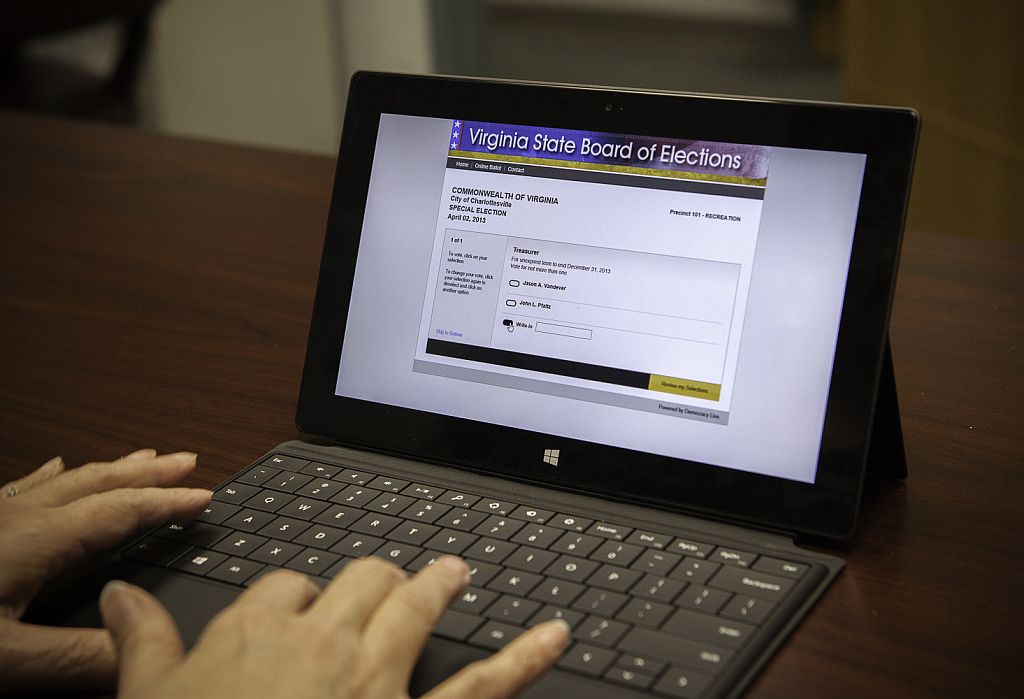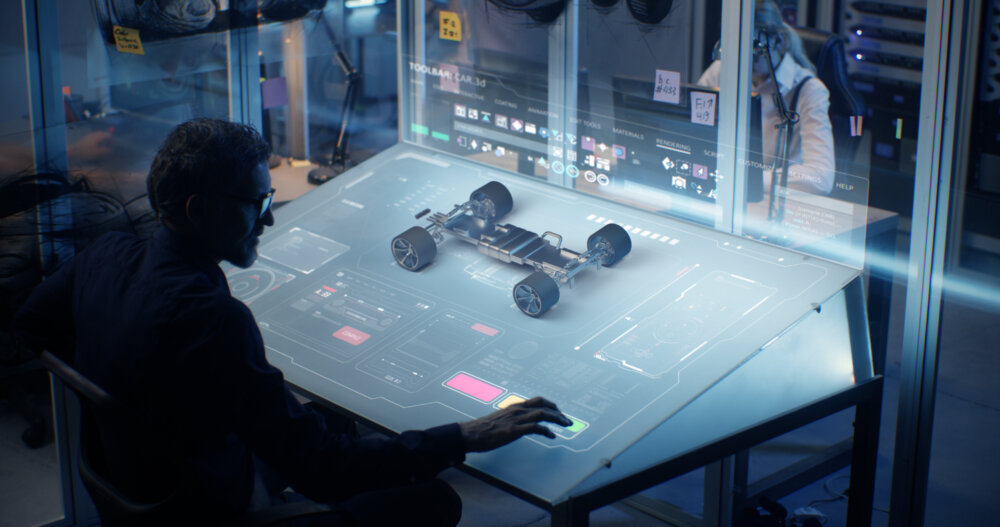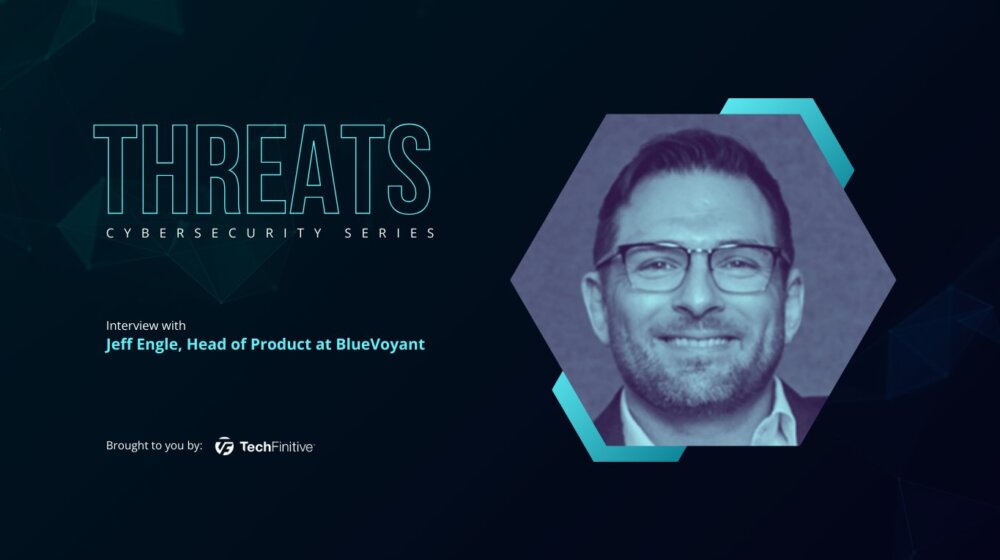
10 years ago: revisiting Bill Gates AMA answers
A few months ago, Bill Gates took part in his 11th Reddit AMA (ask me anything). Surely a record number among tech CEOs! The founder and former Microsoft CEO goes by the username thisisbillgates and is extremely active on the platform, with more than a million karma (900K+ of which came from commenting on other people’s threads).
This got us thinking… what were some of Mr Gates’ answers from his earlier AMAs and how well have they aged? Any prescient predictions in there? Any heralding of Microsoft’s success that didn’t quite work out?
To find out, we collated some of the most interesting tech/science questions and answers from the first three AMAs Bill Gates did. Below, we grouped them together and added some commentary where we saw fit. We left all the typos in to show that even incredible humans like Mr Gates sometimes have issues with spelling.
On emerging technology
While there weren’t a lot of straight-up predictions on what the future would or wouldn’t hold, Bill Gates did make a number of remarks on technologies or products that he thought might become more pervasive. Here are some of those answers, edited for conciseness.
- On what emerging technology might disrupt consumers the same way the home computer did:
Bill Gates: Robots, pervasive screens, speech interaction will all change the way we look at “computers”. Once seeing, hearing, and reading (including handwriting) work very well you will interact in new ways… - Prediction for the next 30 years in technology and personal computing:
BG: There will be more progress in the next 30 years than ever. Even in the next 10, problems like vision and speech understanding and translation will be very good. Mechanical robot tasks like picking fruit or moving a hospital patient will be solved. Once computers/robots get to a level of capability where seeing and moving is easy for them then they will be used very extensively.
One project I am working on with Microsoft is the Personal Agent, which will remember everything and help you go back and find things and help you pick what things to pay attention to. The idea that you have to find applications and pick them and they each are trying to tell you what is new is just not the efficient model – the agent will help solve this. It will work across all your devices.
There are some common trends from the two answers above. They both mention robots as well as the impact of technology on speech and vision interactions. Now we’re in 2023, you have to say they were close to the mark!
Take the field of robotics, which has made some incredible advancements. To see this, just have a look at Atlas, the Boston Dynamics humanoid in the video below.
And we all know about generative AI. This now enables thousands of novel applications that disrupt how content is consumed, regardless of whether it’s seen, heard or read. Translation is just one example of an industry being massively affected by what tools like ChatGPT can offer.
Bill Gates’ project of a Microsoft Personal Agent hasn’t materialised just yet. But it’s coming, with Microsoft 365 Copilot due this year. Microsoft might even point to its Intelligent Virtual Agents and Bots, while Cortana can make some predictions based on your tracked behaviour… but that’s very far from a personal agent.
Not that Bill is letting this bone drop. Back in March, he stated in one of his GatesNotes that “advances in AI will enable the creation of a personal agent.” Perhaps one of the things he learned from his 2014 project was that it needed the missing piece was AI.
On automation, artificial intelligence and programming
- Q: Is it safe to choose a career in programming or will most coders below the expert level be replaced by automation solutions in the next decade?
BG: It is safe for now! It is also a lot of fun and helps shape your thinking on all issues to be more logical. There is a prospect for change in this area for the next generation but that is true for most fields and understanding how to program will always be useful. - Asked whether machine superintelligence was an existential threat…
BG: I am in the camp that is concerned about super intelligence. First the machines will do a lot of jobs for us and not be super intelligent. That should be positive if we manage it well. A few decades after that though the intelligence is strong enough to be a concern. I agree with Elon Musk and some others on this and don’t understand why some people are not concerned.
So roughly ten years ago, Bill Gates was worried about super intelligence. Is he still concerned now? In an interview with ABC News last month, Gates did acknowledge that there could be some bad consequences if AI technology were to be used by “bad guys”.
He didn’t, however, join Elon Musk, Steve Wozniak and 13,500 others in signing an open letter published by the Future of Life Institute which called for a six-month halt on AI development. This doesn’t mean he’s no longer concerned. Put simply, in his view, halting development wouldn’t achieve anything.
Cryptocurrency comments from Bill Gates AMA
In two of the three AMAs, Bill Gates was asked about his opinion on cryptocurrency. Here were his answers:
- Answer 1 Bitcoin is an exciting new technology. For our Foundation work we are doing digital currency to help the poor get banking services. We don’t use Bitcoin specifically for two reasons. One is that the poor shouldn’t have a currency whose value goes up and down a lot compared to their local currency. Second is that if a mistake is made in who you pay then you need to be able to reverse it so anonymity wouldn’t work.
Overall financial transactions will get cheaper using the work we do and Bitcoin related approaches. Making sure that it doesn’t help terrorists is a challenge for all new technology. - Answer 2: The Foundation is involved in digital money but unlike Bitcoin it would not be anonymous digital money. In Kenya M-pesa is being used for almost half of all transactions. Digital money has low transaction costs which is great for the poor because they need to do financial transactions with small amounts of money. Over the next 5 years I think digital money will catch on in India and parts of Africa and help the poorest a lot.
There’s an acknowledgement of the potential of cryptocurrency, particularly in the role it can play to help those less fortunate. Money moving around digitally is something that Mr Gates seems to think can play a role in helping poorer populations.
Given the wild volatility experienced in cryptocurrency markets in the years since these answers were given, his comment regarding Bitcoin being a currency that goes up and down and hence less safe as a form of currency was spot on. Although it’s probably best not to consider that in 2010 a Bitcoin was worth nine cents… and it’s now worth $27.000.
Interestingly, by the time his 10th AMA came around, Bill’s interest in cryptocurrency seemed to have cooled off somewhat. In that AMA, he said that he doesn’t hold any crypto because he likes “investing in things that have valuable output”. He added that “the value of companies is based on how they make great products. The value of crypto is just what some other person decides someone else will pay for it so not adding to society like other investments.”
Helping the world improve
Given the extensive philanthropic work of the Bill and Melinda Gates Foundation, and his well-documented interest in energy, clean water and vaccinations, it’s no surprise to see a theme of “helping the world improve”. Throughout the three AMAs, several people raised interesting questions touching on the broad theme of how science and technology could make the world a better place.
Here are some of those questions and answers:
TerraPower
- Q: You’re working with TerraPower to bring a large scale source of low carbon energy onto the commercial grid. What, in your opinion, is the biggest impediment to bringing new nuclear technology onto the global market?
BG: We need low cost energy that is totally reliable. Most renewables will require storage which is expensive to do this. Nuclear will make a contribution if we can make it safer, cheaper and deal with waste better. Terrapower has a design (on paper) that addresses all of these issues so now we are talking to countries about building it. It is a 4th generation reactor design that uses depleted uranium.
Helping those below the poverty threshold
- Q: You and Melinda recently posted a piece of writing about your optimism for future. Could you elaborate as to the path you see the world taking in the next 50 years or so?
BG: I think in the next 20-30 years we will be able to almost eliminate gross inequity like the fact a child in a poor country has 30x more chance of dying than a child in a middle income or rich country. Literacy, nutrition… These are basic things that we can afford to give to every child. In the meantime the rich world needs to make sure we handle the environment and the diseases of the rich. - What innovation has been brought to you but sadly never worked out for whatever reason, but you really wanted it to work?
BG: So far we have not being able to use technology to connect people to the needs of the poorest in countries that are far away to tap into their empathy. I think this can be done but it needs some missing creativity.
Vaccinations
- Q: How do you deal with the anti-vaccination sentiment that seems to be growing in our society?
BG: In all countries vaccine rumors seem to always get ahead of vaccine facts. This is unfortunate since it has meant measles and pertussis deaths in communities where enough kids don’t get vaccinated.
Bill Gates’ comment about vaccinations is almost eerie given the spread of misinformation throughout the Covid-19 pandemic. The UN recently declared that misinformation was one of the factors playing a role in 67 million children not being vaccinated.
As for his assumption that within 20-30 years we’d be able to almost eliminate gross inequality as a leading cause for children below the poverty threshold to die, United Nations data suggests that we are on the right path, but more effort is needed to achieve it.
Hardware
This section was a real throwback to some of the gadgetry in vogue ten years ago…
Surface Pro
- Q: What type of computer are you using right now?
BG: I just got my Surface Pro a week ago and it is very nice.
I am using a Perceptive Pixel display right now – huge Windows 8 touch whiteboard. These will come down in price over time and be pervasive… - Q: What smartphone and/or tablet are you currently using?
BG: I am using a Surface 2 PRO which works well for me.
You might be wondering… what phone does Bill Gates use and is it still a Surface? The answer is no. These days he uses a Samsung Galaxy Z Fold4 given to him by Samsung’s Chairman JY Lee. Ouch, says the team behind the Surface Duo 2!

Bing
- Q: Do you guys really use Bing? I mean seriously…
BG: Seriously Bing is the better product at this point. Try the challenge. I am biased but the work to make Bing better has been amazing.
Ten years later, it’s pretty hard to defend this point of view. Just look at the usage figures. But, thanks to its integration of GPT-4, Bing is finally gaining some ground on its rival. Maybe Bill had already seen into the future.
Internet speed
- Q: What is your internet download speed? 😉
BG: According to one test we just ran at the office, I’m getting a download speed of 65.96 Mbps and uploading at 12.41 Mbps
These days, the average internet speed in the US is 189Mbps download and 23Mbps upload, so it basically doubled since Mr Gates answered that question. Although we suspect his own connection is rather higher still.
HoloLens
- Q: Opinion of Hololens?
BG: The Hololens is pretty amazing. Microsoft has put a lot into the chips and the software. It is the start of virtual reality. Making the device so you don’t get dizzy or nauseous is really hard – the speed of the alignment has to be super super fast. It will take a few years of software applications being built to realize the full promise of this.
The HoloLens is still pretty amazing and it’s still around. The latest model, the HoloLens 2 is overwhelmingly aimed at businesses rather than consumers and costs more than US$5,000. As recently as February, Robin Seiler, COO and CVP for Windows and Devices assured users that Microsoft will continue to support the device. In ways it makes sense to do so as it works as a sort of hedge for Microsoft’s ability to compete with Meta should the metaverse for businesses really take off.
Privacy
The final highlights are of two answers that touched on the topic of privacy and oversight. Here’s what Bill Gates had to say on those:
- Q: What are your thoughts on the push against the open and free Internet that we have been seeing in the recent past and present (such as sopa, etc)?
BG: There are two things this could reference. One is the free/pay for software mix. The Internet has benefited from having lots of free stuff and lots of commercial software. It has been interesting see people inventing hybrid models. Even stuff that is pretty commercial often has free versions for some audiences. Even the most open stuff often have services people choose to pay for. The second thing is the anonymous versus identified tension. This is another one where both will probably thrive since you want anonymity for some things and full identity for others. I am surprised how little progress has been made in the identity space but it will improve. - Q: How do you feel about the NSA and its oversight of computer usage?
BG: This is a complex issue. Privacy will be increasingly important as cameras and GPS sensors are gathering information to try and be helpful. We need to have trust in the way information is protected and gathered. There is a role for the government to try and stop crime and terrorism but it will have to be more open. I do think terrorism with biological or nuclear weapons is something we want to minimize the chance of.
It’s interesting to read the above answers knowing what came later in 2016 with the Cambridge Analytica scandal and the role that played all over the world. Clearly, privacy, people’s identity and how data could be used, were already concerns. However, there’s nothing in those answers to indicate that social media could become the wrecking ball causing most of the damage.
We hope you found this trip down memory lane insightful. One more thing! Here’s a video of Bill jumping over a chair. You are welcome.
NEXT UP

Dell, Hyundai AutoEver and Intel team up for AI edge ecosystem expansion
Dell Technologies has expanded its edge ecosystem with Hyundai AutoEver, a subsidiary of Hyundai, and Intel to boost manufacturers’ ability to optimise output from edge data with AI.

Jeff Engle, Head of Product at BlueVoyant: “Protecting a company from cyber attacks isn’t just the role of the CISO or his team”
In this interview, we hear from Jeff Engle, Head of Product at BlueVoyant, President of Conquest Cyber and a recipient of a Purple Heart, who served in the US Army Special Operations.

State-sponsored attackers backdoor Cisco firewalls to hack into government networks
Cisco has revealed that hackers used zero-day vulnerabilities to gain access to government networks – but we don’t yet know who exactly was behind the attacks